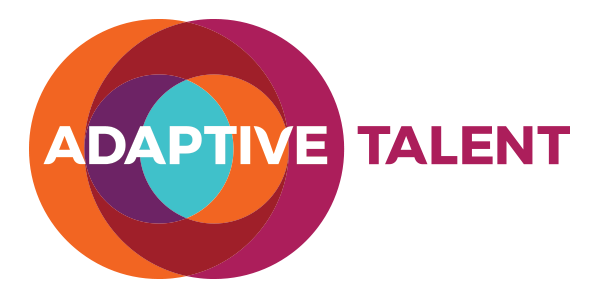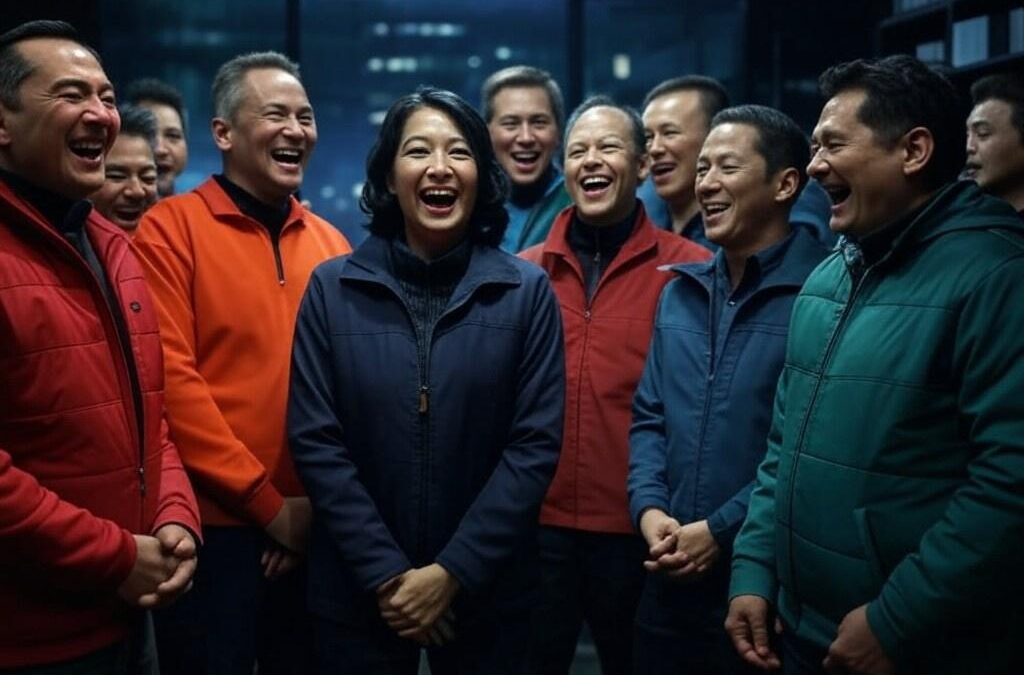We’ve all heard of, or been exposed to, people with Machiavellian tendencies. They embody selfishness, control, manipulation, deceit, and are to be avoided if at all possible. However, people can misdiagnose Machiavellian behaviours if they interpret behaviours, like being directive in an urgent, chaotic situation, to one’s personality or character. Sometimes, you need to be bossy to help a team in nasty situations.
Similarly, someone may appear to be acting in a Machiavellian manner but in reality are acting to avoid an anxiety (which is often unclear to them but justified nonetheless). The methods they use can resemble some flavour of controlling, distant, or compliant behaviours and are seen as bad leadership. Realizing you may have a problem often happens with an “ouch” moment where you catch yourself, or others confront you, but often seeing it clearly is quite challenging. Helping people see how they get in their own way by growing self awareness is one of my favourite parts of coaching, and it’s essential if you want a more conscious, effective impact on others.
I asked Grok, X.com’s AI, to identify the differences between the Universal Model of Leadership from (from Bob Anderson and Bill Adams of the Leadership Circle) and true Machiavellian tendencies so you can get a sense of the differences. Here’s what it said:
“Machiavellian tendencies, as understood in the context of leadership, refer to behaviours characterized by manipulation, cynicism, and a focus on personal gain, often at the expense of ethical considerations. These traits contrast significantly with the Creative Competencies and Reactive Tendencies outlined in the Universal Model of Leadership by The Leadership Circle.
Machiavellian Tendencies vs. Creative Competencies:
Focus on Self-Interest vs. Collective Growth: Machiavellian leaders often prioritize personal or organizational gain over ethical considerations or the well-being of others. In contrast, Creative Competencies emphasize leadership behaviors that lead to high fulfillment and achievement for all stakeholders, focusing on vision, empowerment, and integrity. These competencies include skills like Relating, Self-Awareness, Authenticity, Systems Awareness, and Achieving, which aim at fostering a collaborative and visionary environment.
Manipulation vs. Authentic Leadership: Machiavellian leadership involves manipulation and strategic deceit to control outcomes. Creative Competencies, however, are about leading with authenticity, encouraging genuine interactions, and promoting a culture of trust and innovation. Leaders with high creative competencies work towards systemic improvement and effective execution through shared vision and inspiration rather than manipulation.
Short-term Gains vs. Long-term Development: Machiavellian leaders might achieve short-term success through their strategic and often amoral actions, but this can lead to a lack of trust and ethical breaches. Creative Competencies are linked to sustainable leadership effectiveness and business performance, focusing on long-term development and cultural transformation.
Machiavellian Tendencies vs. Reactive Tendencies:
Strategic Deception vs. Fear-Based Responses: While both Machiavellian and Reactive leaders might use control or manipulation, the motivations differ. Machiavellian leaders are driven by a calculated desire for power and control, using deceit as a means to an end. Reactive tendencies, as described in the Leadership Circle, are more about responding to fear—fears of rejection, vulnerability, or loss of control. These reactive behaviors include Complying (people-pleasing), Protecting (self-preservation through distance), and Controlling (over-control), which are not about strategic deceit but rather about managing personal insecurities.
Ethical Flexibility vs. Limiting Beliefs: Machiavellian leaders are often flexible with ethics, believing that the end justifies the means. Reactive tendencies stem from internal beliefs and assumptions that limit effectiveness, often leading to leadership styles that are cautious, overly protective, or aggressive. These tendencies can reduce leadership effectiveness by overemphasizing caution or self-protection over results.
Interpersonal Relationships: Machiavellian leaders view relationships as tools for their own benefit, potentially leading to distrust within the team. Reactive leadership might also strain relationships, but typically because of the leader’s own fears or need for approval, not necessarily for strategic gain. Both can result in negative team dynamics but for different reasons.
In summary, while Machiavellian tendencies involve a deliberate, often amoral pursuit of power and control, Creative Competencies foster a leadership style that is visionary, empowering, and ethical. Reactive Tendencies, on the other hand, might overlap with Machiavellian behavior in terms of control but are more about personal fears and insecurities rather than strategic manipulation. Understanding these distinctions can help leaders move towards more creative, effective, and sustainable leadership practices.”
That’s pretty darn good! Note that in the Universal Model of Leadership there is the polarity between Purpose and Safety, with the top half of the circle showing the presence and behaviours that are essential to leading effectively, especially in size and complexity. You need to be good at all those behaviours at the same time (the AND). Serving others for their benefit does require a morally and ethically driven person. The top half of the model reflects an orientation towards “we” while the bottom half is an orientation focused on “me and my needs/safety”, and an overuse of a gift that then cancels out the benefit of that skill (relating well to others overused becomes compliant, which is inverse to achieving strong results).
Remember, our beliefs about ourselves interpret the world for us, activate our emotions, and create habitual patterns in our life. In other words, your presence (the way you are being with others) in certain situations reflects your beliefs about yourself and your abilities, which then inform your emotions, and that of course drives behaviours in a nanosecond. If you want to be a more effective leader, partner, or person you will need to get to know yourself at a much deeper level…which is why the word “Identity” is in the middle of the Universal Model of Leadership.
This isn’t really going to help you very much unless you do the work to know yourself, and your impact on others, more thoroughly. Once you personalize a model of leadership it becomes much more interesting and useful, especially as you try to create results that matter to you and your teammates.
Photo Credit: Grok / x.com
—
Adaptive Talent is a talent consultancy designed to help organizations achieve amazing results and ongoing adaptability. Founded in 2008 and based in Vancouver, Canada we offer retained search, assessments, total rewards consulting, training, leadership coaching and development programs, and culture & organizational development consulting.

